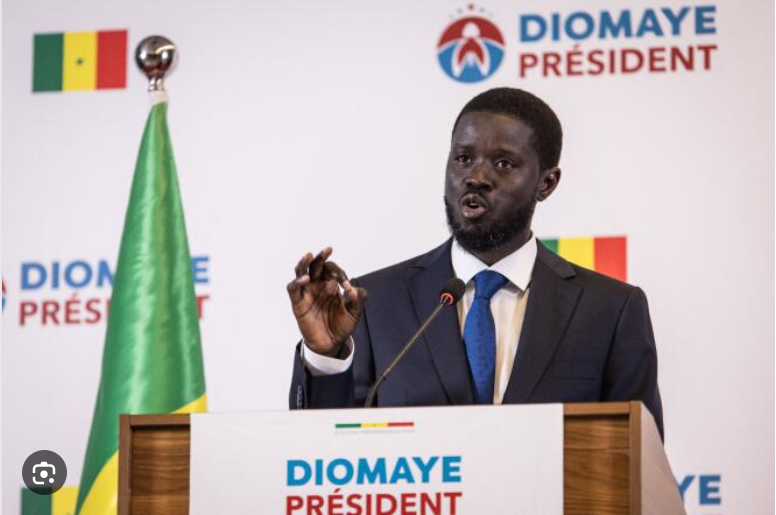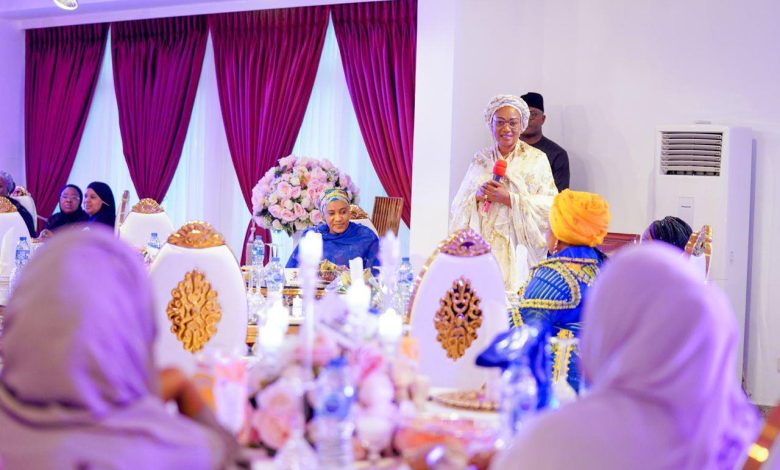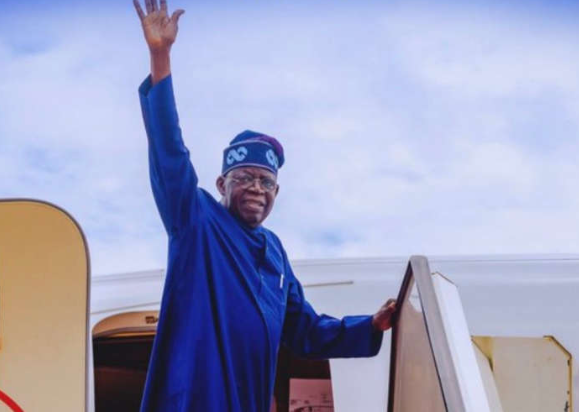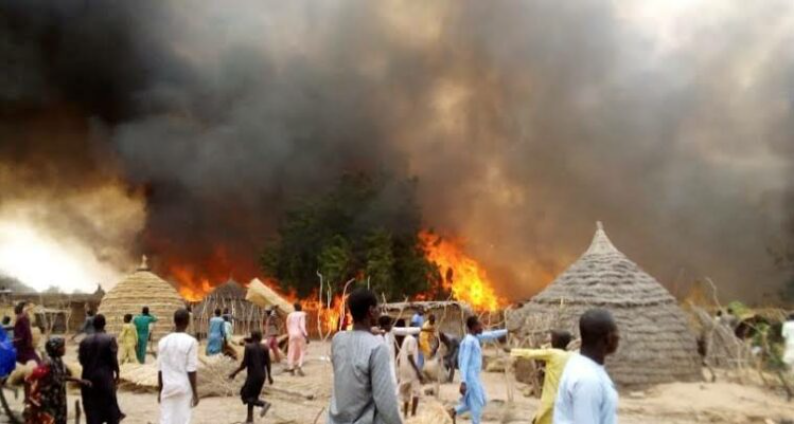By Joke Kujenya, JKNM �
AMID widespread celebrations and anticipation, Bassirou Diomaye Faye, a former tax inspector and prominent opposition figure, has secured a decisive win in Senegal’s presidential election which held last week.
This positioned him to become the nation’s next leader.
With provisional results indication Faye’s lead by a significant margin, anticipation mounts for his inauguration and the dawn of a new era in Senegal politics.
As votes got counted, Faye’s triumph, marked by widespread support and fervent celebrations among his backers, signals a potential shift towards addressing long-standing issues of corruption, poverty and political stability in the West African nation.
His resounding victory eliminates the need for a run-off, setting the state for a smooth transition of power.
Born in 1980 in Ndiaganiao, Senegal, Faye’s journey to the presidency has been characterized by activism, legal battles, and unwavering dedication to his political ideas.
His alliance with firebrand leader, Qusmane Sonko, despite facing imprisonment on charges deemed politically motivated, has galvanized support and propelled him into the national spotlight.
Faye’s policy agenda centers on combating corruption, promoting economic sovereignty, and revitalizing the nation’s economy, particularly by challenging longstanding agreements inherited from the colonial era.
Faye vows to prioritize job creation, fight corruption and negotiate key contracts, tapping into the frustrations of Senegal’s youthful population grappling with high unemployment rates.
Notably, Faye’s ascension to power comes amidst a crowded field of contenders, including former Prime Minister, Amadou Ba, who conceded defeat in the wake of Faye’s overwhelming lead.
The electoral process, marked b y a high voter turnout, underscores Senegal’s commitment to democratic principles despite recent political turbulence.
As Senegal prepares for a new chapter under Faye’s leadership, analysts say attention turns to the challenges and opportunities that lie ahead.
With his inauguration slated for April 2nd, 2024, Senegalese citizens and the international community await the unfolding of Faye’s vision for the nation’s future.
Facts About Senegal New President
- Early Life: Born on March 25, 1980, in Ndiaganiao, Senegal, his upbringing laid the foundation for his future in politics
- Political Activism:As the former General-Secretary of the dissolved PASTEF party, he forged alliances and campaigned tirelessly for change.
- Education Background:He holds a master’s degree in law and has undergone specialized training at prestigious institutions like the National School of Administration (ENA).
- Professional Career:His tenure as a tax inspector provided valuable insights into Senegal’s economic landscape and fueled his passion to reform.
- Alliance with Qusmane Sonko:His collaboration with Sonko, despite facing legal challenges, bolstered his standing among Senegal’s youth and grassroots movements.
- Campaign Promises:Faye’s platform emphasizes job creation, anti-corruption measures, and a reevaluation of existing contracts to enhance Senegal’s economic independence.
- Legal Challenges:His activism led to periods of incarceration, underscoring his resilience and commitment to his cause.
- Endorsements:Notable support from former President Abdoulaye Wade and the PDS party bolstered Faye’s electoral prospered.
- Family Life:He is married to Marie Khone and Absa, with whom he shares four children, grounding his political journey in personal values.
- Scheduled for April 2, 2024, he swearing-in heralds a new chapter in Senegal’s political landscape, poised to address pressing issues and chart a course for course.






A great shift indeed. The new generation is gradually stamping their feet on the political scene of Africa. Let us pray that France and her Western Allies would not succeed in killing him as they did to Thomas Sankara, Patrice Lumumba and many other progressive African leaders in the past
Yes, I agree with you and look forward to such in Nigeria pretty soon too. Thank you for reading us.